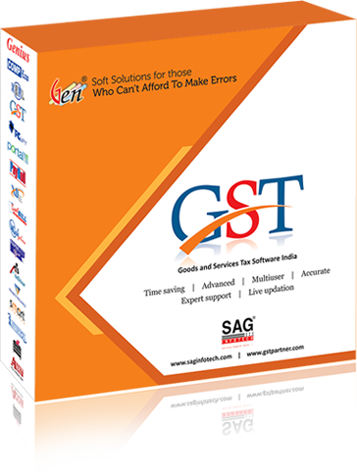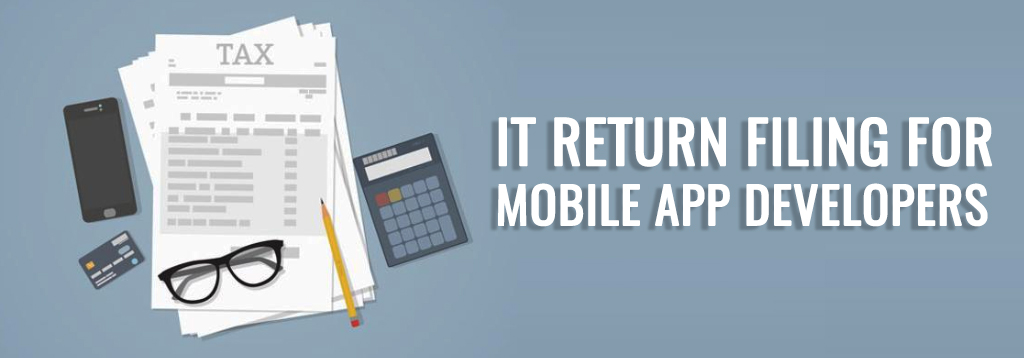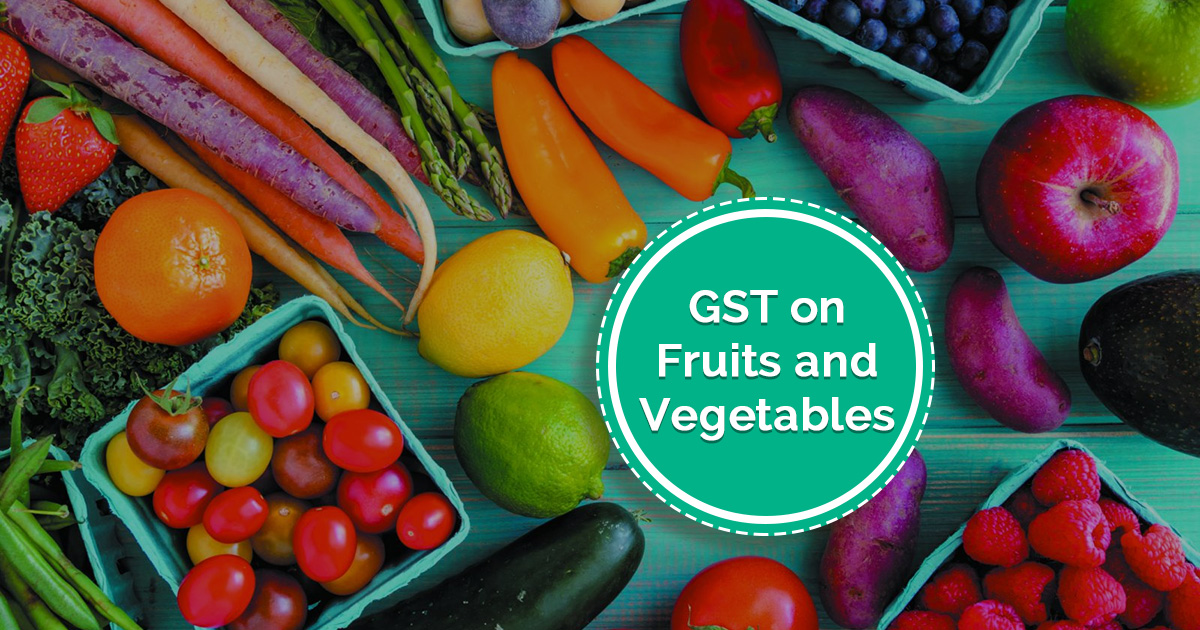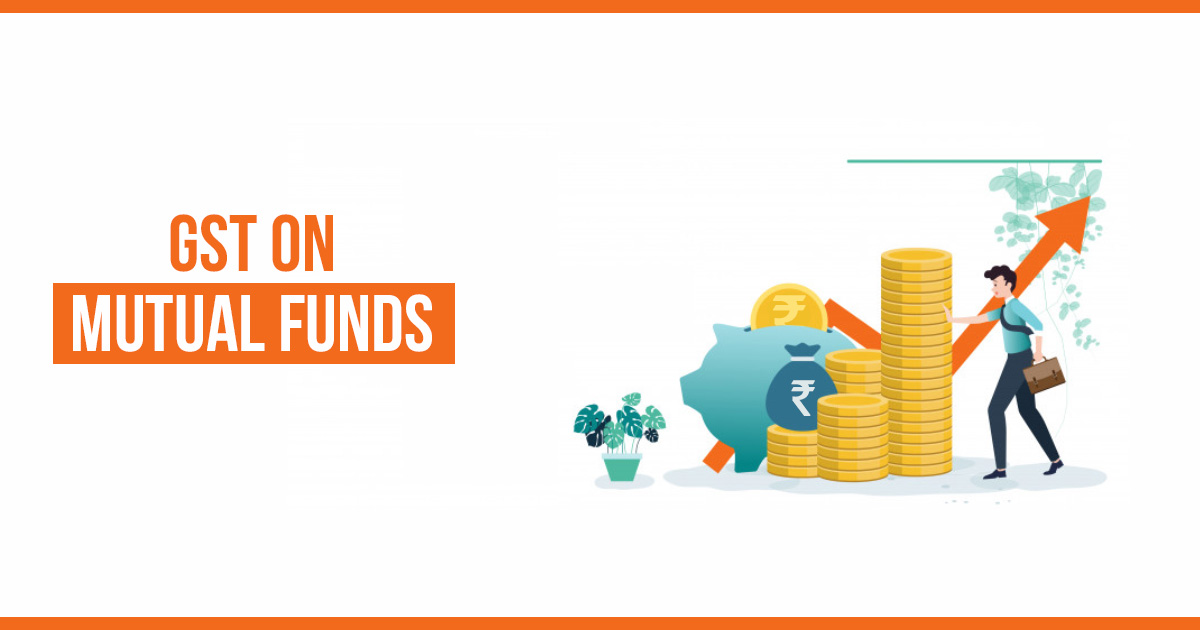Mobile app developers (both freelance and full-time) are also liable to pay taxes on their total income from the following sources. For this article, we will take the example of Ankush, who is a freelance app developer to understand the income tax for freelancers.
Calculating Taxable Income
Income from Salaries: Developers who are also working full-time for an employer, are required to mention their annual salary and other similar earnings for the purpose of the tax. Let’s assume that Ankush’s last month salary Rs. 50,000 was deposited into his account before he left his full-time job.
Income from Freelancing and/or Business: If you are doing freelance work or running a home-based business, your earnings from that source will be taxable. In this case, Ankush’s annual earning from freelance work is Rs. 4,50,000.
He is allowed to deduct any expenses that may have occurred during the freelance job. This may include property rent, equipment and furniture cost, resources cost, and/or any other cost directly related to app development.
Income from Property: If you own a property from which you are earning in form of rent, the earning will be taxable except the property tax already paid, if any.
Income from Capital Gains: Any income earned from selling capital assets.
Income from Other Sources: Income from savings accounts’ interest, fixed deposit interest, or any other income source which cannot be taxed under any of the above heads.
So, the overall taxable income of Ankush can be calculated as:
Income from salary: 50,000
Income from freelance work/ business – expenses: 4,50,000 – 1,00,000 (let’s assume) = 3,50,000
Income from property – property tax paid: 2,00,000 – 30,000 = 1,70,000
Income from other sources: 12,000 (bank interest, etc)
Total taxable income of Ankush: 5,82,000
Deductions
The following investments are eligible for GST deduction under section 80C:
- Life insurance policy premium
- PPF investment
- ELSS fund investment
- PF
- Health insurance policy premium (up to 15,000) under section 80D
Savings account interest under section 80TTA
If Ankush has any or all of these investments in his name, they will be eligible for deduction.
Under section 80D, a deduction of up to 15,000 can be claimed on the purchase of a health insurance policy. Let’s assume that Ankush pays a premium of Rs. 10,000 for his health insurance, then it will be eligible for deduction.
TDS deductions are not eligible for deduction here but will be counted in total payable tax.
Let’s assume that Ankush has a total investment/ savings of Rs. 1,00,000 from all these accounts, which is eligible for deduction. So, his net taxable income (after deductions) will be: 5,82,000 – 1,00,000 = 4,82,000
Calculating Tax Amount
The income tax will be applicable as follows:
up to Rs.2,50,000 – Nil
Rs.2,50,000 to Rs.5,00,000 – 5% (24,100)
Total Tax – 24,100
Cess – 3% of total of income tax + surcharge (730)
Total tax including cess – 24830
TDS deductible – 1,000 (let’s assume)
Net tax payable – 23,830
Ankush will have to pay Rs. 23,830 income tax. He may also be liable to pay an interest amount under section 234B and 234C if he has not paid advanced tax.
GST will not have any significant impact on direct income tax, but it will replace all the existing Service tax, VAT, and other indirect taxes.
Important Notes:
- Service Tax for freelancers in India was 15%
- The applicable GST rate for the freelancers would be 18%.






